Is it too hard to believe in yourself?
Self-confidence is a skill. You can learn it, practice it, get better at it. And reap the rewards of believing in yourself. I should know: my life is a story of self-confidence.
Many, many years ago—when I was a much, much younger man—I took over as head coach of the men’s soccer team at Graceland University in Iowa.
We had a problem. The team had performed decently in the local conference, but it had never done much beyond that. Right away, I focused on a goal that seemed impossible in a school of only 1,000 students: win a national championship. To do that, we needed to think about performance in a whole new way. So I enrolled in a PhD program in sports psychology and began to explore the mental side of sport.
The overlap between my studies and coaching meant I could use the players like a living laboratory. Together, we explored new theories to see if they worked. We had a ton of fun trying out the ideas, but it was nothing compared to the change in performance that followed.
My players started to succeed like never before—individually and as a team. Within four years, the team went from being number one or two in the local conference to being nationally ranked. First they were twenty-third, then tenth, then first, and eventually they won the national championship, an accomplishment so beyond the scope of imagination that the entire town attended the celebration parade.
Looking back on the team’s success, I know there were technical elements that made it possible for our little school to win: practice drills, strategy, and even the way we watered, cut and sodded our field. But the mental development of the players was the game-changer. Shifting the way they thought about themselves allowed them to handle the pressures and work together like never before.
What I learned during those years has been the basis of my career ever since: great performance requires mental qualities such as being able to focus, recover from setbacks, and work cohesively with peers. Teach athletes the right mental skills, and they’ll acquire what they need more than anything: self-confidence.
Related: 29 Proven Ways To Build Your Self-Confidence
Confident athletes are successful in the same ways that confident people are successful. They handle pressure better. They channel anxiety into improved performances.
They want to be at the center of the action, and they rise to the occasion whenever they are.
Why should you believe in yourself?
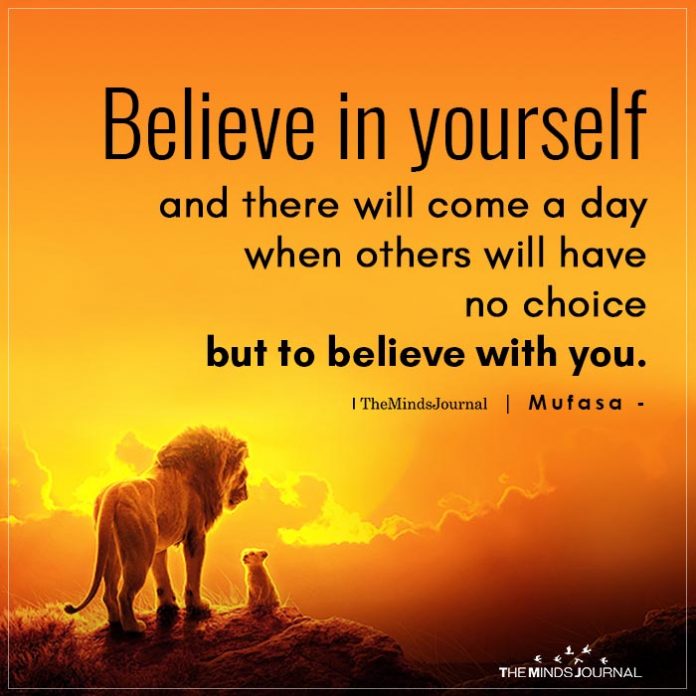
I think of self-confidence as the belief in your ability to accomplish the task at hand. That doesn’t mean being deluded that you can do impossible things. Self-confidence is a belief that you can do something beyond your current level of experience and skill. It’s also having faith that you can handle adversity, and even if it doesn’t turn out exactly as you had hoped, you know you did your best.
Dozens of studies have been conducted about the role that confidence plays in our ability to turn thoughts into action. For example, renowned psychologist Albert Bandura discovered that confident people see difficult tasks as challenges to be overcome rather than situations to avoid. He also found that confident people recover more quickly from setbacks and respond with increased effort, both of which are critical for long-term success.
Related: 8 Ways To Cultivate Resilience In Yourself During Tough Times
Another advantage when you believe in yourself is that it can lead to a better quality of life.
Research shows that confidence is related to better mental and physical health, higher educational achievement, improved literacy, lower drop-out rates and better economic standing.
You don’t need to be a Harvard grad to have self-confidence, but if you have self-confidence, you are more likely to attend a better school, get a better job and lead a better life.
Self-confidence
In fact, there is significant evidence that self-confidence is a more important factor in determining success than talent is.
Confident people aren’t any taller, smarter, better-looking or richer than you or me, and an Ivy League education isn’t required. What they have is a belief in themselves, which anyone can develop.
The difficulty is that most people view self-confidence as an inborn quality that someone either has or doesn’t have. I have met so many folks who think, I’m just not the kind of person who is confident about their abilities.
Maybe you are one of those people. Maybe you figure you were out picking up bread when they passed out the confidence gene, that you don’t have it and you can’t get it.
Related: 12 Tips To Self-Love And Compassion
Nothing could be further from the truth. Self-confidence is a global skill that anyone—and I mean anyone—can learn.
Putting yourself in situations where you overcome challenges or obstacles—over and over again, even if they are relatively small—develops the skill of self-confidence. You don’t need to win a national championship. You just need to do something that challenges you. Maybe it’s volunteering as an assistant so you can learn from the best, getting back into the job market after you have been fired, or sending your manuscript in again after ten rejections and having it be accepted.
With each small increase in challenge you take on, you gain a bit more belief in your ability to succeed until you are so confident that success is no more difficult than getting to work on time or calling a friend.
Related: 21 Things That Change When You Start Respecting Yourself
That’s when you become a crazy one. What’s that, you ask?
At the beginning of every soccer season or any speech I give about self-confidence, I show the “Crazy Ones” commercial from Apple’s 1997 Think Different campaign—the one with famous innovators like Pablo Picasso, Martin Luther King Jr., John Lennon, Amelia Earhart, Jim Henson and Albert Einstein.
If you’ve never seen it, you should search for it right now and take it in. (In the version that went on the air, the voiceover was done by Richard Dreyfuss, but there is also a version with Steve Jobs himself narrating.)
I will never forget how it made me feel when I saw that ad for the first time. My spine tingled from the instant I heard those first words: “Here’s to the crazy ones. The misfits. The rebels. The troublemakers.” And since then, every time I see the video my heart races all the way to that incredible final line: “The people who are crazy enough to think they can change the world are the ones who do.”
If we want to, any of us can become a crazy one. Sure, we may not lead a civil rights movement or fly a plane across the Atlantic or invent a device that revolutionizes the world, but we never know what we can accomplish.
We are all engaged in things that matter. We are all living our one life. And we all have an opportunity, every single day, to do it better.
To be a better parent, friend, spouse or coworker.
To help someone out. To invent a new way. To make a bold suggestion. To speak out against injustice. To create something original. You never know what you can accomplish until you try.
It’s an illusion to think that greatness belongs to a privileged few who act on the global stage.
Every one of us has the capacity to be great. I have seen this truth play out over and over again in my own life—in my research, in my coaching career and in my experiences speaking all over North America.
Related: 5 Ways You Can Practice Self-Compassion And Be Kind To Yourself
Every life is wonderful and worthwhile. Yours matters. You are not small because you won’t change history. What matters is whatever you care about. Your life. Sure, the pressures you face in a cubicle or gym or corner office may not be the same as those faced by the starting quarterback in the Super Bowl, but they are no less important. They matter to you as much as anything matters to anyone. And all you need to do to achieve your best life is to believe in yourself.
Mine is a story of self-confidence. Yours will be too. You can develop the skill of self-confidence and put that skill to use in your day-to-day life. At work, at home, at school and in everything you do, you can become a high-performing individual—a better version of yourself.
With the skill of self-confidence, the sky is the limit.
Written by: Dr Ivan Joseph
Originally appeared on: Drivanjoseph.com
Ivan offers Executive Coaching and e-Courses for High Achievers with the Mindset for Greatness.
Contact him here:
e: [email protected]
w: www.ivanjoseph.com
Instagram + Twitter: @drivanjoseph
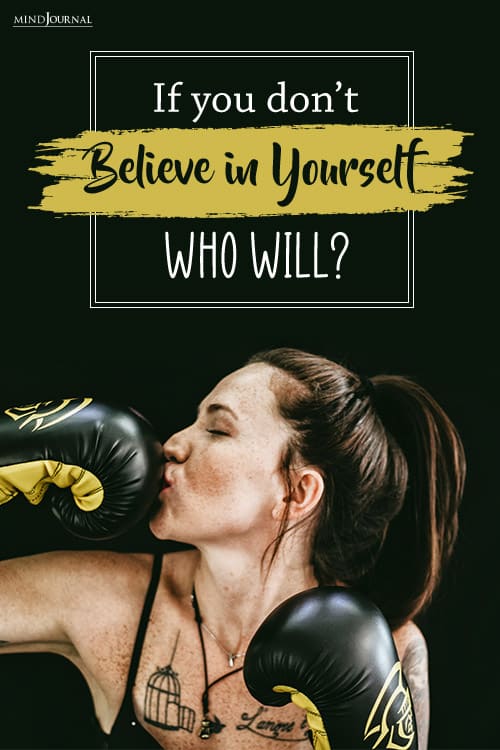

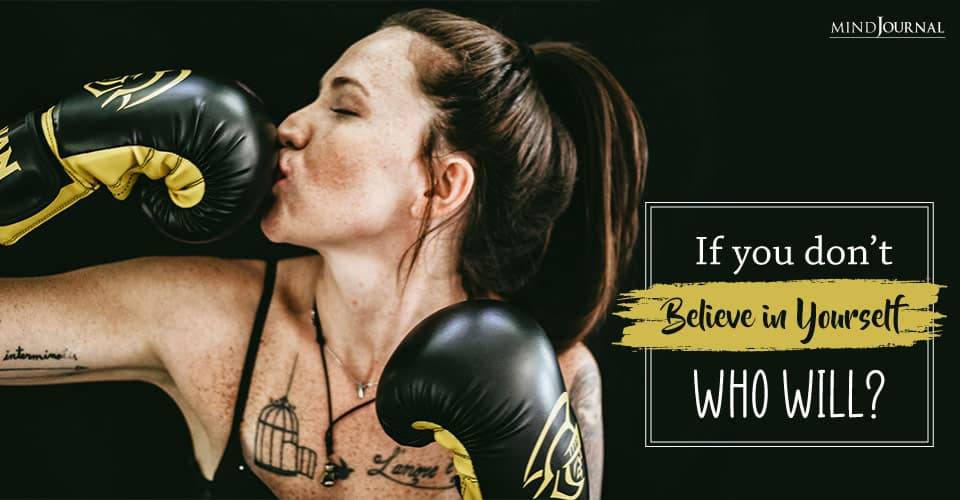
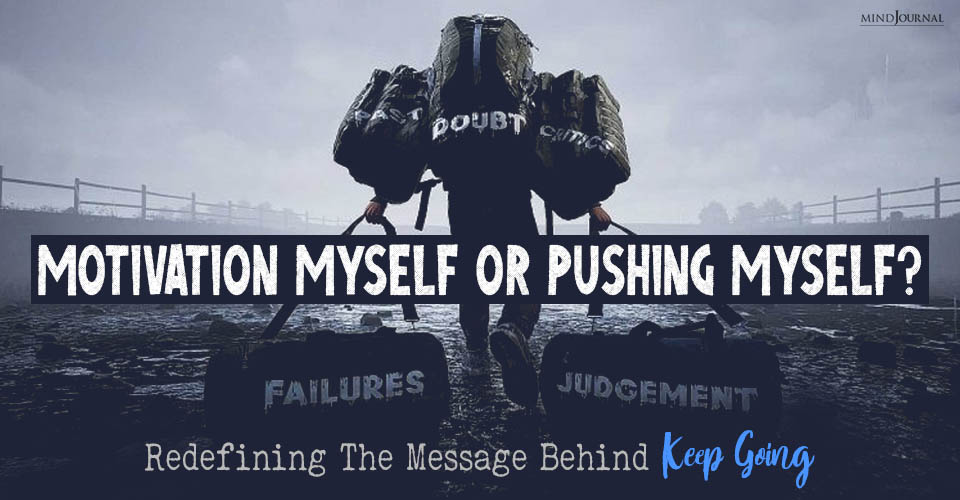
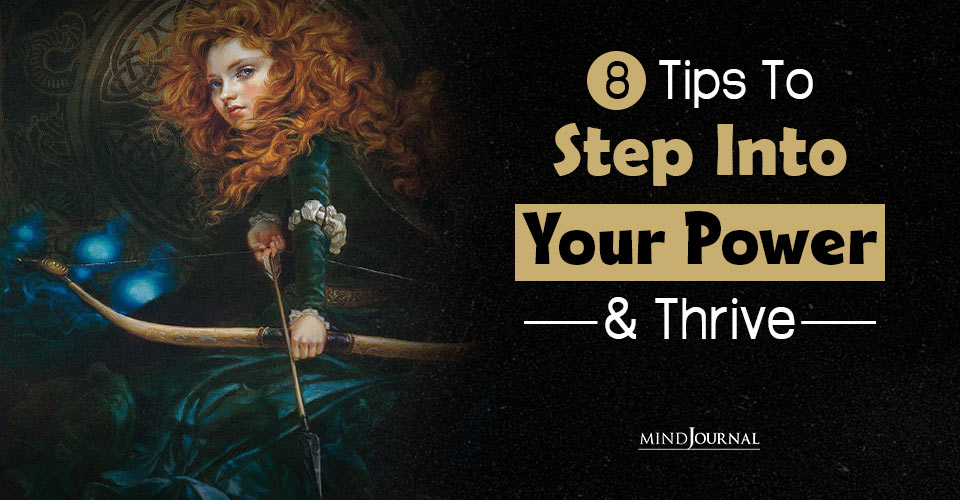
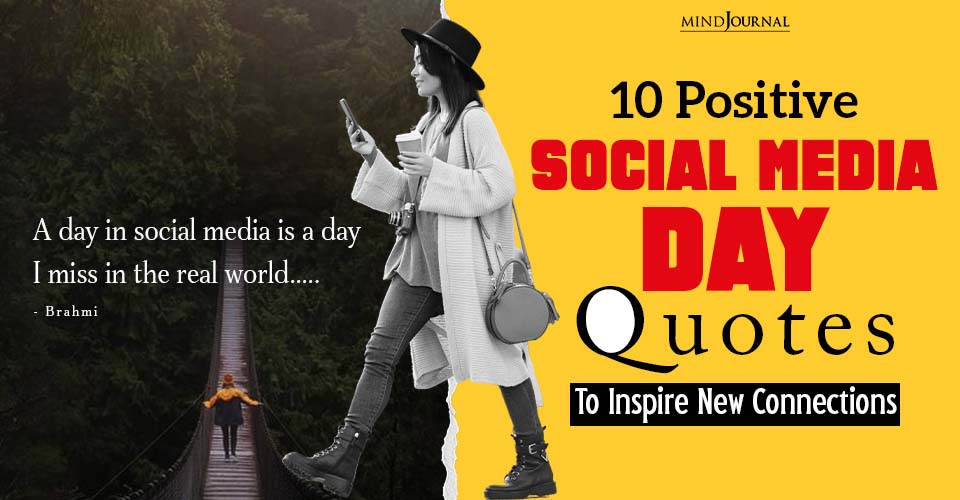

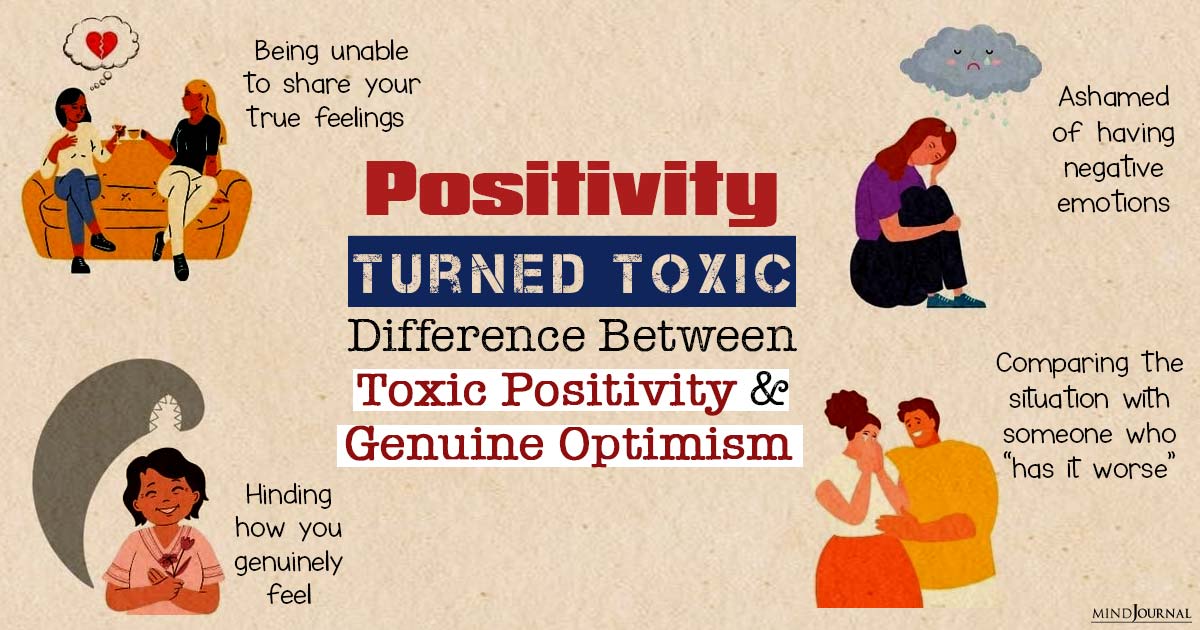
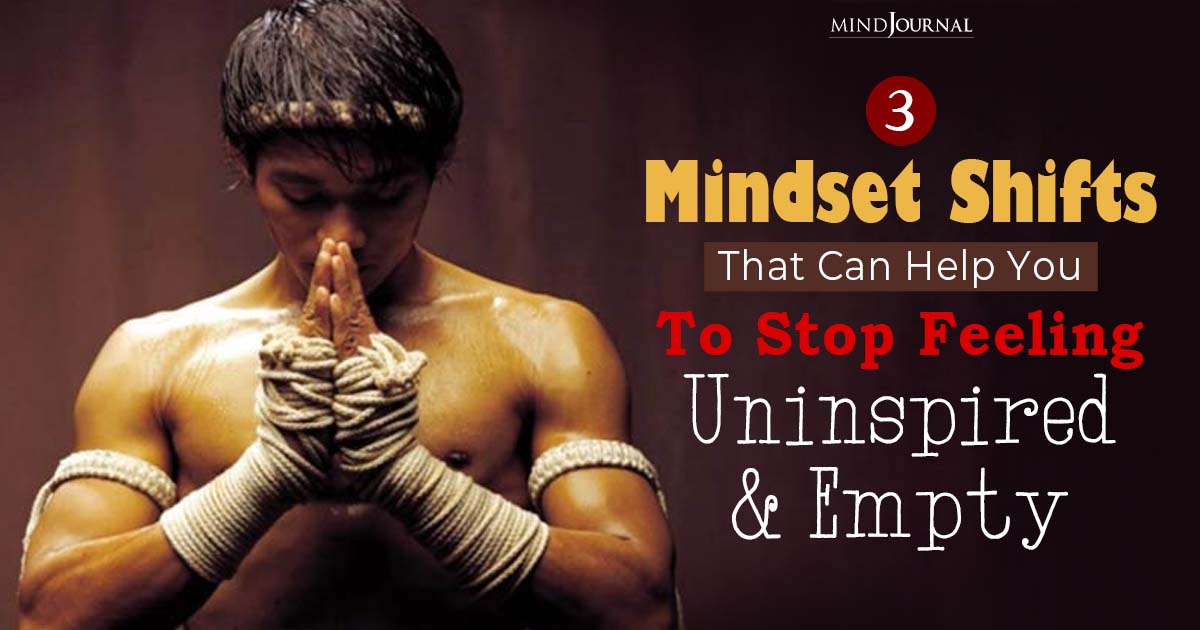

Leave a Reply